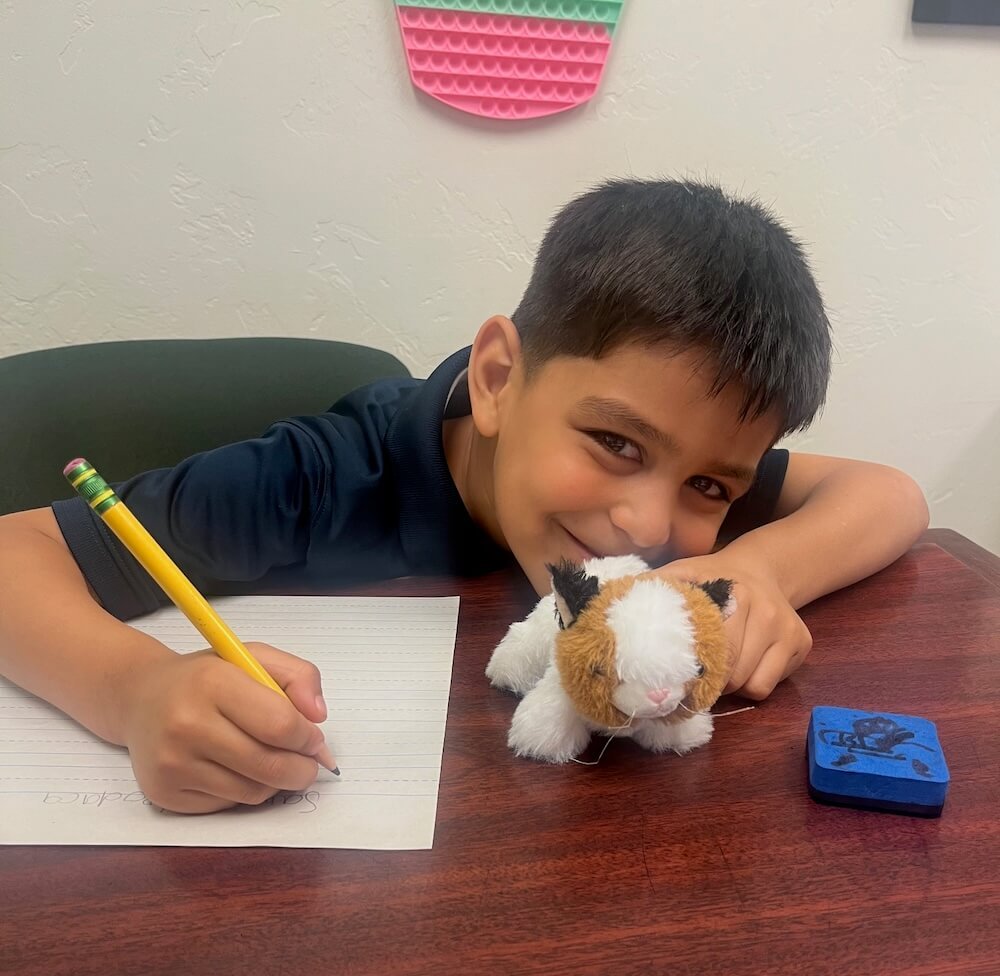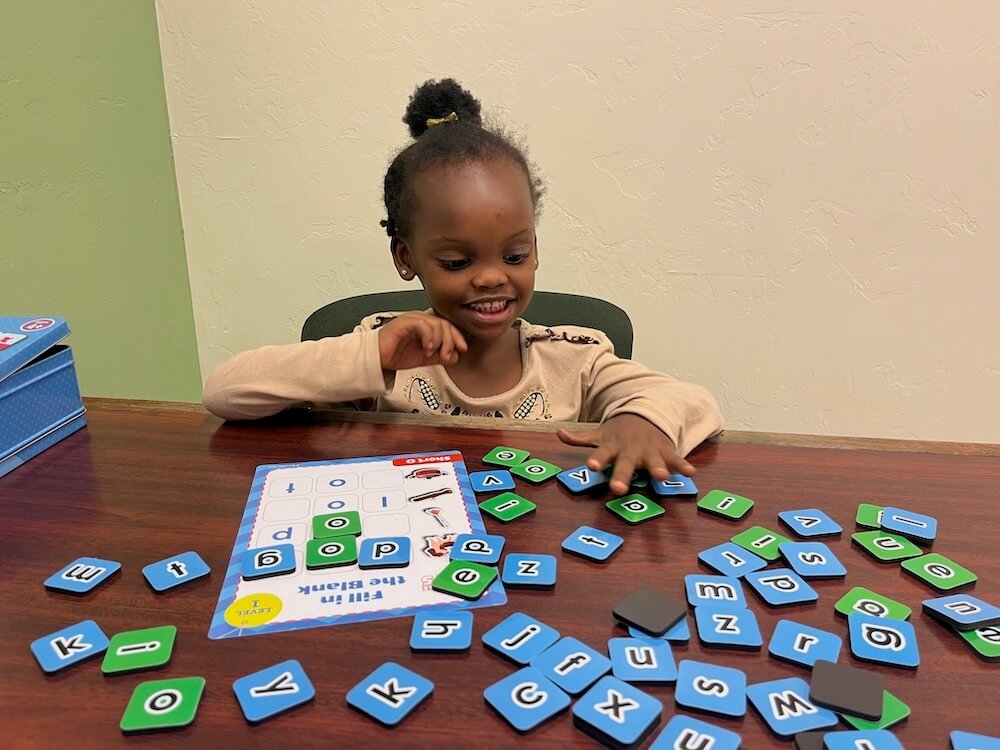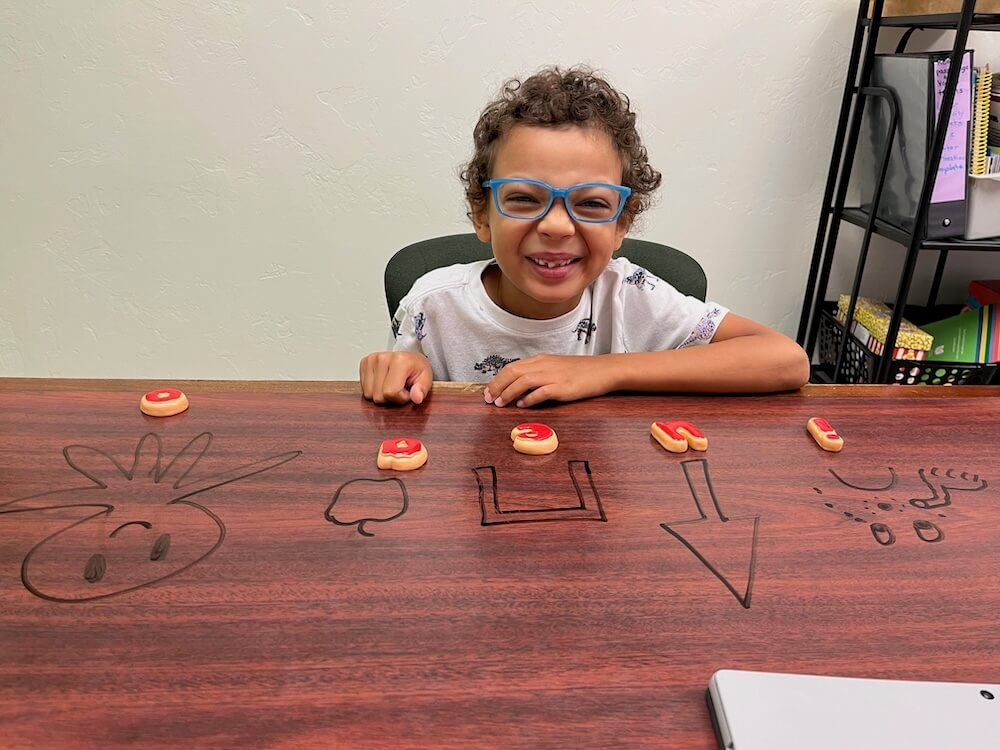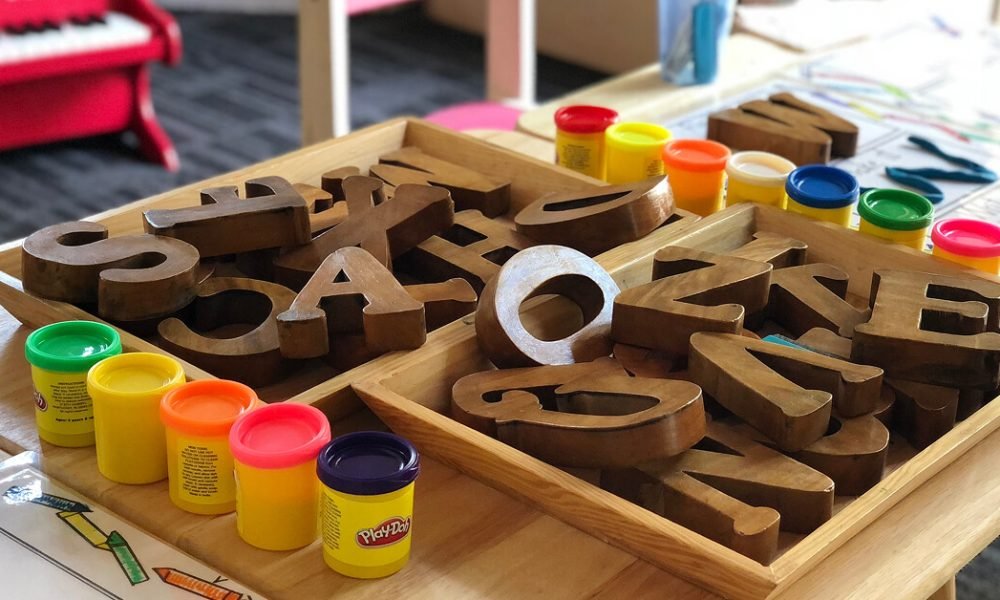As a parent, you’re likely feeling a mix of excitement and nervousness as you and your little one are preparing for kindergarten. It’s a big milestone—not just for your child but for you, too. You might be wondering: Is my child ready? What should they know before stepping into their first classroom? Don’t worry; you’re not alone in these thoughts. This guide will walk you through what your preschooler should know before starting kindergarten, what they’ll learn during the year, and how you can actively support their learning journey.
What Your Preschooler Should Know Before Entering Kindergarten
Before your child begins kindergarten, there are a few key areas to focus on. Don’t stress about mastering every single skill; this is simply a guideline to help your child start on solid footing.
Basic Academic Skills
Kindergarten introduces the foundations of reading, writing, and math. Ideally, your preschooler should:
Recognize Letters – Knowing the alphabet is a great starting point. If they can recognize the letters in their name, they’re on the right track. Singing the ABC’s with your child on a daily basis will help them memorize the sequence of the alphabet in addition to the letter names.
Be sure to go extra slow at “l-m-n-o–p” when singing the song. And if you can point to the letters while you’re singing them, that will help your child connect the symbol or letter shape to the letter’s name and, eventually, to the letter’s sound.
Here is a suggested order in which to introduce letters: Teaching Letter Recognition – What Order to Introduce Letters – How Wee Learn
Understand numbers – Counting to 10 or even 20 is a good indicator that they’re grasping basic number concepts. At home, you can make a habit of counting with your child in ways that are fun and engaging.
I used to place 10 to 20 objects on the table just before dinner time. When we all sat at the table, the game would be counting mommy’s items first, then eating dinner. You could also put a number chart on one or two of the walls in your house.
When convenient, count to 10 or 20 with your child while pointing to the actual number. That will help you child match the visual number with its name.
Identify colors and shapes – It’s helpful if they can point out common shapes (circle, square, triangle) and basic colors. There are so many fun ways to engage your child when practicing shapes and colors – messy or neat, your child will love learning the names of the different markers or paints as well as the shapes you’re probably coloring in!

Language and Communication
Clear communication is vital as your child enters kindergarten:
Follow simple instructions – Understanding and executing two- to three-step directions is a must (e.g., “Please pick up the blocks and put them in the basket”). The “and” here is important. Practice giving your child one-step instructions, such as “walk to the table.” Then see if your child needs more practice with two-step instructions such as “walk to the table and pick up the ball.”
Pay attention to when you’re asking your child multi-step instructions such as “walk to the table, pick up the ball, and take off your shoes,” as well as how much support they need. It’s a good habit to help your child master one and two step directions at this stage. Kindergarten Skills Checklist: Readiness for New Beginnings
Express needs and thoughts – They should be able to tell you when they’re hungry, tired, or need to use the bathroom. If you notice that your little learner is forgetting to tell you when they are hungry, tired, or need to use the restroom, help them learn how to anticipate these needs.
For example, you can teach your child that if their tummy doesn’t feel good, it might mean they are hungry and they should tell you. If they find themselves yawning, it might mean they’re tired, so they should say “mom, I yawned… I think I’m getting tired.”
Social and Emotional Skills
In kindergarten, your child will spend more time with peers, so social skills are essential:
Sharing and turn-taking – This one’s big! Whether in play or learning, your child should practice patience and cooperation. This is one of the most important skills your child can learn! Playing games where they have to wait their turn means that you have to encourage them to wait.
Similarly, if you’re having a conversation with an adult and your child wants to interrupt, it might be helpful to ask them to wait their turn. This will build a habit in your child to express their needs and be prepared to wait (when appropriate). Help Me Grow WA
Handling separation – It’s normal for some children to struggle with being away from parents, but practicing short separations before school starts can ease the transition. It’s such an exciting time when your child walks into their first classroom by themselves.
Help them be comfortable with your absence by placing them in a preschool class (such as an art class or music class) with a trusted adult. Or with a babysitter. Or with a trusted family member. The more opportunities you have to show your child that they will be okay with a trusted adult and that you will reconnect with them soon, the more comfortable they will be during their first weeks of school.
Fine Motor Skills
These skills are more about coordination and control. A few basics include:
Holding a pencil or crayon correctly – Grasping writing tools comfortably helps with early writing activities. Fingerputty – while messy if you’re not careful! – is an excellent way to develop fine motor strength in a child’s hands while also having fun.
Your child may be too young to use a tripod grasp and that’s okay – using large pencils and crayons at this point is okay. The more activities they do that involve fine motor skills – like writing or drawing – the easier it will be for them to hold their pencil or crayon correctly in kindergarten. Help Your Child Build Fine Motor Skills | NAEYC
Using scissors – Cutting simple lines or shapes can help with art projects. There are a number of different age-appropriate scissors out there! Cutting with scissors involves fine motor skills, join attention, following directions, and other important skills.
There are workbooks dedicated to preschoolers practicing their scissor skills – look for one that your child will enjoy.
Completing puzzles – Puzzles and building blocks encourage problem-solving and dexterity. Whether the puzzles are related to a core academic area or just something silly and fun, puzzles and building blocks – including Legos – are an incredibly fun way to for your child to understand the expectations of certain activities, practice staying calm when frustrated (self regulation), and learning how to think of multiple solutions to a single problem.

What Your Child Will Learn in Kindergarten
Kindergarten is an exciting time for growth. Here’s a sneak peek into what your child will learn:
Academic Skills Development
Kindergarten focuses on expanding early academic skills:
- Phonics and early reading: Your child will learn the alphabet – the letters’ names, their sounds, and their shapes. Your child will learn to recognize sight words, sound out CVC words, sound out words with digraphs (such as sh, th, ch, wh, qu).
- Basic math: Your child will practice counting to 100, they will learn simple addition, simple subtraction subtraction, and recognize patterns. Part of the curriculum will include counting to 100 in sequence, identifying numbers 1 through 20 when presented out of order, and counting objects 1 through 20.
Language Skills
Communication will evolve, and your child will start to:
- Write their name: A big milestone!
- Expand their vocabulary: Through reading and storytelling, they’ll learn new words and how to use them in sentences.
Social Skills
Your child will further develop emotional intelligence:
- Building friendships: Kindergarten is a time for learning about cooperation and empathy. They’ll also learn how to take turns, make new friends, be a good friend.
- Group activities: Working in groups and sharing tasks will be a major part of the experience.
Cognitive Development
The curriculum will also focus on critical thinking:
- Problem-solving: From completing tasks to working on puzzles, your child will engage in activities that challenge their mind.
- Cause and effect: Understanding how actions lead to consequences will become more apparent as they learn new concepts.

What Your Child Should Know by the End of Kindergarten
By the time your child finishes kindergarten, they will have learned so much! Here’s what you can expect:
Reading Milestones
- Sight words: Your child will recognize common words on sight and might even begin reading simple books independently.
- Alphabet mastery: Writing most letters confidently and starting to spell words.
Math Skills
- Counting to 100: By the end of the year, your child will likely have mastered counting to 100 and recognizing simple patterns.
- Basic addition and subtraction: Using objects or fingers, they’ll be able to solve simple math problems.
Social and Emotional Growth
- Independence: You’ll notice your child is more self-sufficient and capable of handling tasks without as much guidance.
- Conflict resolution: They’ll practice resolving conflicts and communicating their feelings.
Physical Skills
Fine motor improvement: Writing, drawing, and basic physical activities will be smoother and more coordinated.

Steps Parents Can Take to Prepare Their Child for Kindergarten
Now, let’s talk about how you can best prepare your preschooler to thrive in kindergarten. These steps will help lay the groundwork for success:
Create a Learning Environment at Home
Set up a special space where learning can happen. It doesn’t have to be fancy—just a quiet area where your child can read, color, or play educational games. Consistency is key – try to spend time with your child in their learning environment at least once a day.
Develop Daily Routines
Routines create a sense of security and structure:
- Morning routine: Get your child used to a school morning routine: waking up at a consistent time, getting dressed, and eating breakfast. Expert Tips for Preparing Child for Kindergarten
- Nighttime routine: A good night’s sleep is essential for focus and energy. Set a time for dinner, bathtime, and bedtime reading. Try your best to stick to the routine.
Encourage Early Literacy
Reading every day can make a huge difference:
- Read together: Choose fun books that spark their imagination. You can go to your local library or bookstore and explore fun looking books together to pique their interest even more.
- Phonics games: Play games that help them recognize letters and sounds. There are a variety of phonics games, apps, and activities available for sale (or do-it-yourself) online. Type in “phonics” and “kindergarten” as your key words and explore the options.
Incorporate Numbers and Math
Math doesn’t have to be boring! You can:
- Count objects around the house: Count toys, snacks, or anything fun. You can write out the numbers 1-10 and have your child trace them with different colored markers or finger paint. You can pour flour across your kitchen table and encourage your child to trace a number in the flour. Remember that your child will need help, so be prepared to use hand-over-hand (placing your hand on top of their hand to show them how to properly write the numbers) a lot in the beginning.
- Play number games: Simple games like counting songs or using blocks to show numbers are a great start. Rolling dice is another great way to practice numbers – roll large colorful dice, count the dots together, and collect that many objects around the house!
How Parents Can Enhance Their Child’s Education Throughout Kindergarten
Once your child is in kindergarten, here are some ways to continue supporting their learning:
Stay Involved
- Talk to the teacher: Regularly check in on your child’s progress and ask how you can reinforce their learning at home.
- Join school activities: Participate in classroom events when possible—it helps your child feel supported.
Practice at Home
- Review homework: Take a few minutes each day to go over homework and encourage your child to talk about what they learned.
- Play educational games: Reinforce math and reading through games that are both fun and educational.
Promote Social Skills
- Arrange playdates: Social skills develop with practice. Set up opportunities for your child to play with friends outside of school.
- Teach empathy: Encourage your child to understand how others feel and how to respond kindly.
Offer Emotional Support
Your child is learning a lot, so be patient and encouraging:
- Praise effort, not just results: This teaches resilience and helps them develop a growth mindset.
Get excited for a fun-filled adventure in kindergarten!
Preparing for kindergarten can feel overwhelming, but by focusing on key areas and staying involved in your child’s learning, you’ll help them enter school with confidence. Kindergarten is a time of immense growth—academically, socially, and emotionally. By fostering a love of learning and providing support along the way, you’re setting your child up for long-term success.
Remember, you don’t have to be perfect at this—just present and engaged. You’ve got this!
Ensure your child excels in Kindergarten! Book a free phone consultation now to learn how our tutoring services can support your child’s learning journey.

